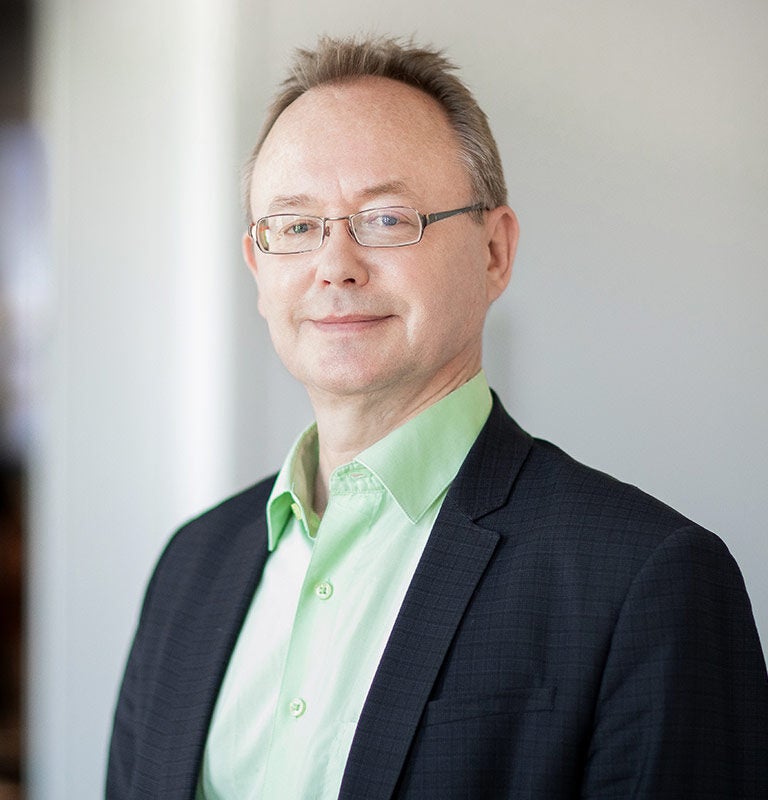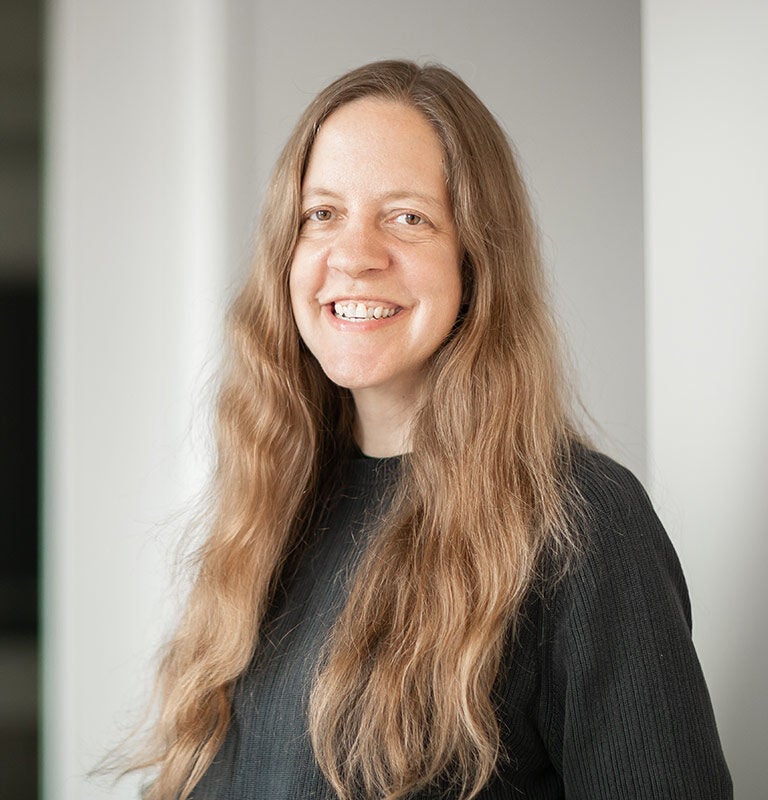
Wolf Gruner, PhD, Founding Director
Originally from Germany, Wolf Gruner is a specialist for the research of the Holocaust and Central European Jewish history, topics on which he has published 11 books and over 80 articles and book chapters. Most recently, he published the prizewinning book “Resisters: How Ordinary Jews Fought Persecution in Hitler’s Germany.” The book is highlighting widespread individual acts of Jewish resistance. It fundamentally revises our understanding of Jewish resistance during the Holocaust. Additional areas of research expertise include the comparative history of mass violence and resistance to mass violence on a global scale, as well as racial and state discrimination against Indigenous and other minority populations, especially in Latin America. Since 2008, he has served as the Shapell-Guerin Chair in Jewish Studies and Professor of History at the University of Southern California. In 2014, Professor Gruner became the founding director of the USC Dornsife Center for Advanced Genocide Research. He is an appointed member of the Academic Committee of the United States Holocaust Memorial Museum in Washington DC, and co-founder of the National Consortium of Higher Education Centers for Holocaust, Genocide and Human Rights Studies.
More information about Professor Gruner
Contact: gruner@usc.edu

Martha Stroud, PhD, Associate Director
Martha Stroud manages the day-to-day operations of the Center for Advanced Genocide Research, which advances innovative interdisciplinary research on the Holocaust and other genocides and promotes use of the unique USC resources and collections in research and teaching. She joined the Center in 2015 after earning her PhD in Medical Anthropology at UC Berkeley. An anthropologist with special interests in the anthropology of genocide, psychological anthropology, and Indonesia, Martha’s doctoral research focused on the Indonesian mass killings and detentions of 1965-1966, their aftermath, and the ways in which the events of 1965-1966 continue to emerge in daily life in Indonesia today, almost 60 years after the killings first began. She is currently engaged in a research project on the psychosocial impacts of engaging with testimony by survivors of genocide and mass violence, a project she co-directs with Professor Emerita Beth E. Meyerowitz.
Contact: mstroud@usc.edu

Autumn Watts, Program Assistant
Autumn Watts graduated from San Diego State University in 2024 with a degree in Journalism and Media Studies. Her studies focused on media theory and the role of media in society. Her work in student resource centers during her undergraduate career inspired her passion for activism and social justice. She joined the Center in 2025 where she is responsible for Center communications, events, and supporting fellows, as well as scholars, students, and visitors who engage with the Center’s work.
Contact: autumnwa@usc.edu

Janice Yu, PhD, Charles E. Scheidt Academic Relations and Outreach Officer
Janice Yu joined the Center for Advanced Genocide Research in 2025 as the Charles E. Scheidt Academic Relations and Outreach Officer. Holding a PhD in Rhetoric from the University of California, Berkeley, her research interests lie at the intersection of visual studies, critical theory, and cultural history with a focus on photographic representations of ethnic and racial violence. Her current project examines the trajectory of anti-Blackness and anti-Black violence in American visual culture. In her manuscript-in-progress, she rethinks the prioritization of spectacle as the critical lens through which images of slavery, lynching, and police brutality have often been studied and considers the less spectacular images that also comprise the visual culture of anti-Black violence in the U.S. In this role, which existed until 2017 and has now been restored by a generous gift from the Charles E. Scheidt Family Foundation, Dr. Yu will be responsible for bringing the Center’s unique program and USC’s resources in Holocaust and Genocide Studies to new academic, educational, and community partners and audiences within and beyond USC. .
Contact: yujanice@usc.edu